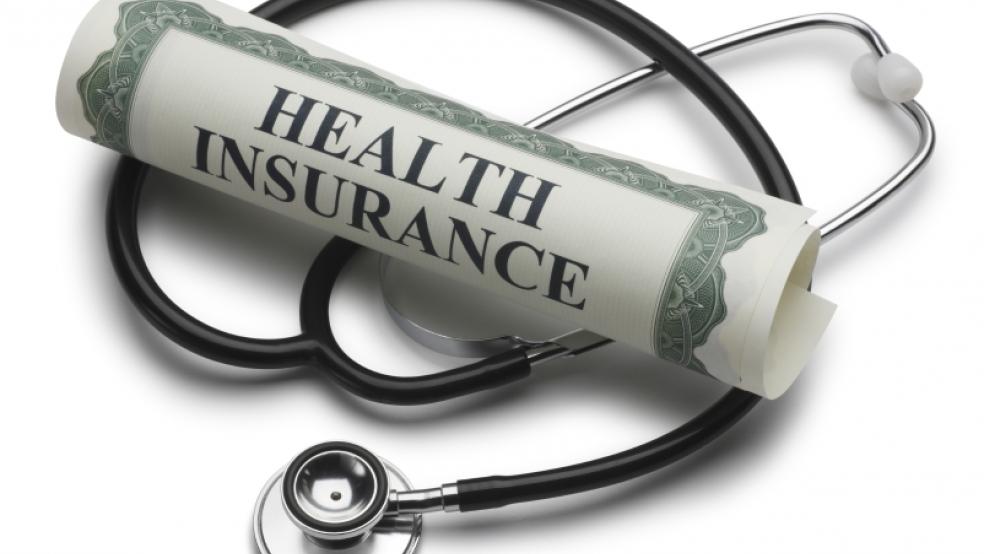Many of the short-term health insurance plans being promoted by the Trump administration spent a relatively small fraction of the premiums they collected last year on patients’ medical claims.
Modern Healthcare reports that the five health insurers that collected the most in 2018 premiums from short-term insurance policies spent just 39.2% of every dollar on medical care. The rest went toward administrative expenses or was kept as profit. The data was published last week in the National Association of Insurance Commissioners' 2018 Accident and Health Policy Report.
Under the Affordable Care Act, insurance companies are required to spend 80% of the money they take in from premiums on health care costs and quality improvement. Otherwise, they must pay rebates to enrollees. For comprehensive major medical plans purchased by individuals overall in 2018, the average ratio of medical payments to premiums collected was about 73%, according to the insurance commissioners’ report.
In contrast to Obamacare-compliant plans, short-term plans don’t offer as comprehensive benefits, and they can deny coverage to people with pre-existing medical conditions or charge sicker patients more.
As a result, they tend to be much cheaper — but their far lower spending on medical claims is “a stark reminder that short-term plans benefit insurance companies more than the patients who purchase them,” Modern Healthcare’s Shelby Livingston writes.
For that reason, critics call them junk plans. “It does raise the question of what kind of value people are getting from these plans," Cynthia Cox, a vice president at the Kaiser Family Foundation, told Livingston.
But the Trump administration has sought to expand access to such plans, and it allowed insurers to extend such policies to a year, up from a previous maximum of three months. Administration officials have argued that the plans give Americans more options for less expensive coverage.





